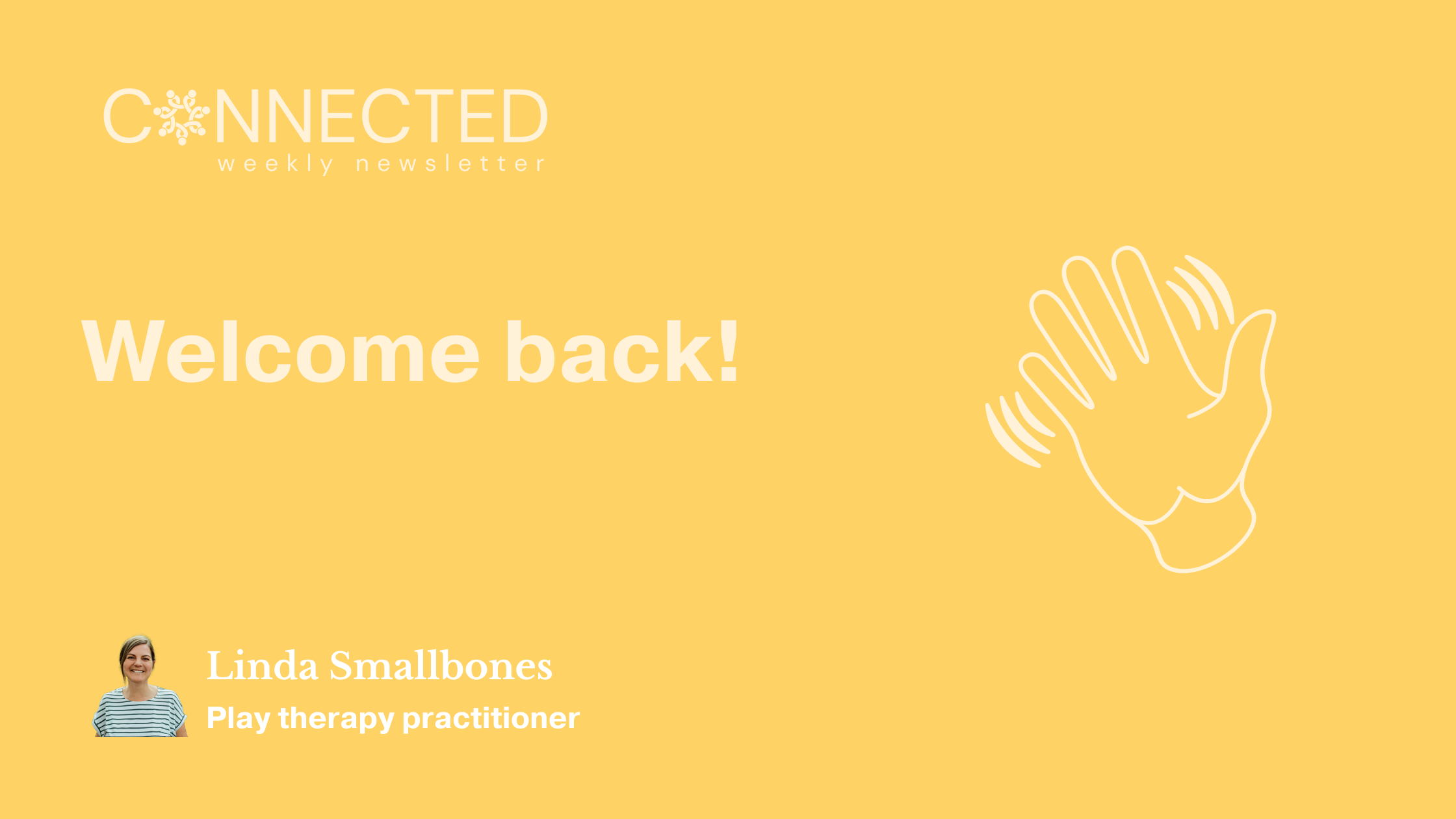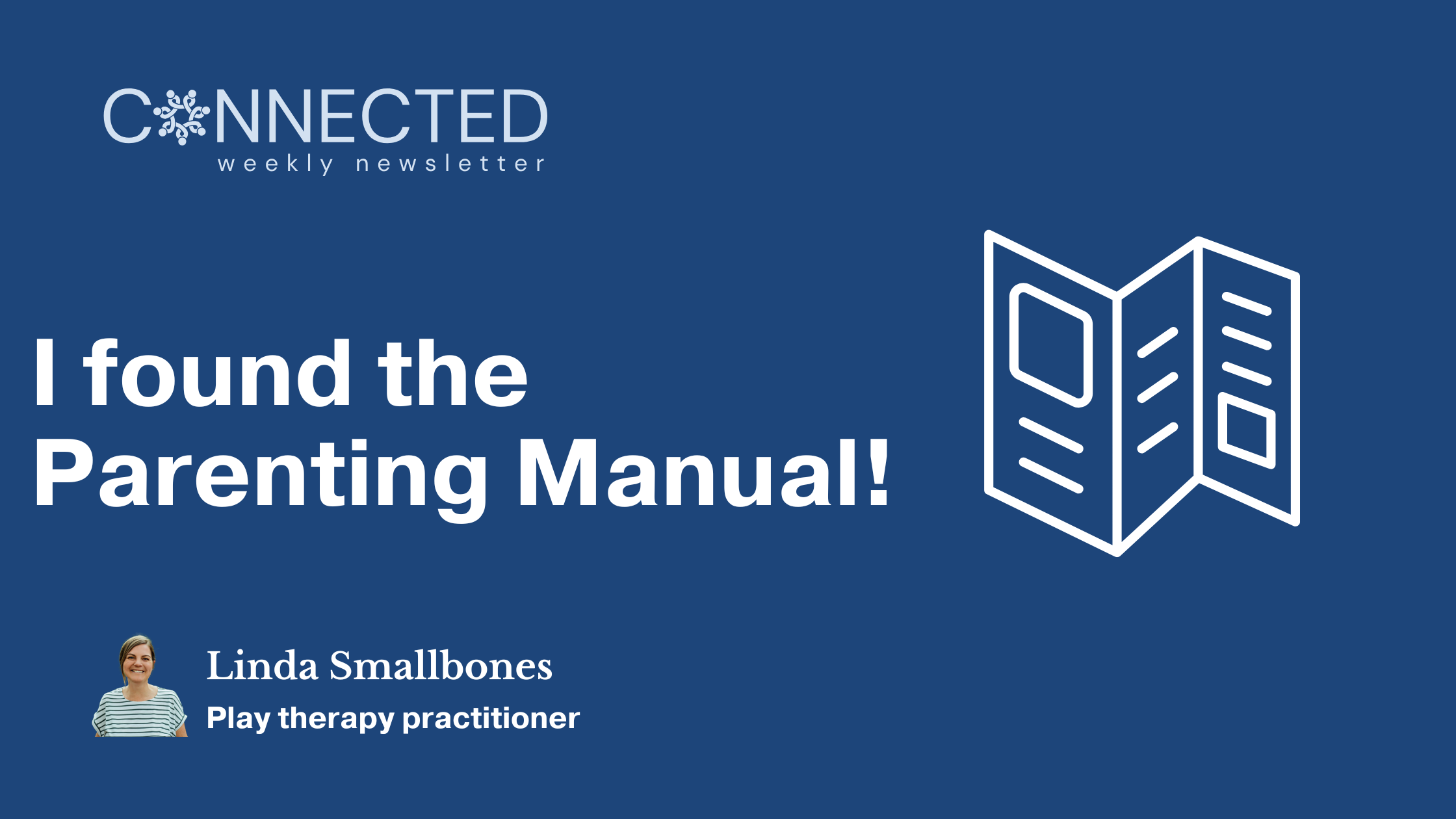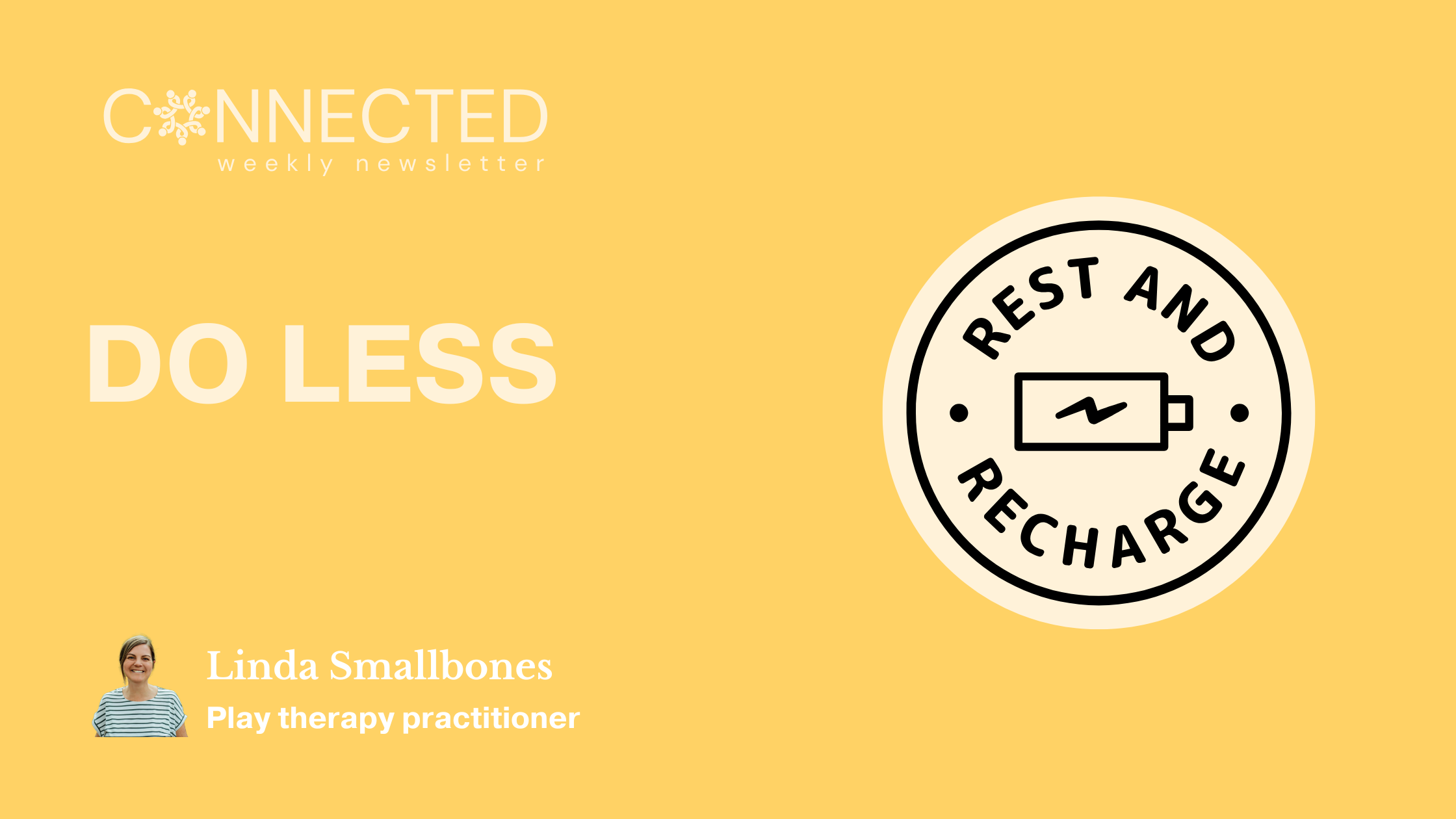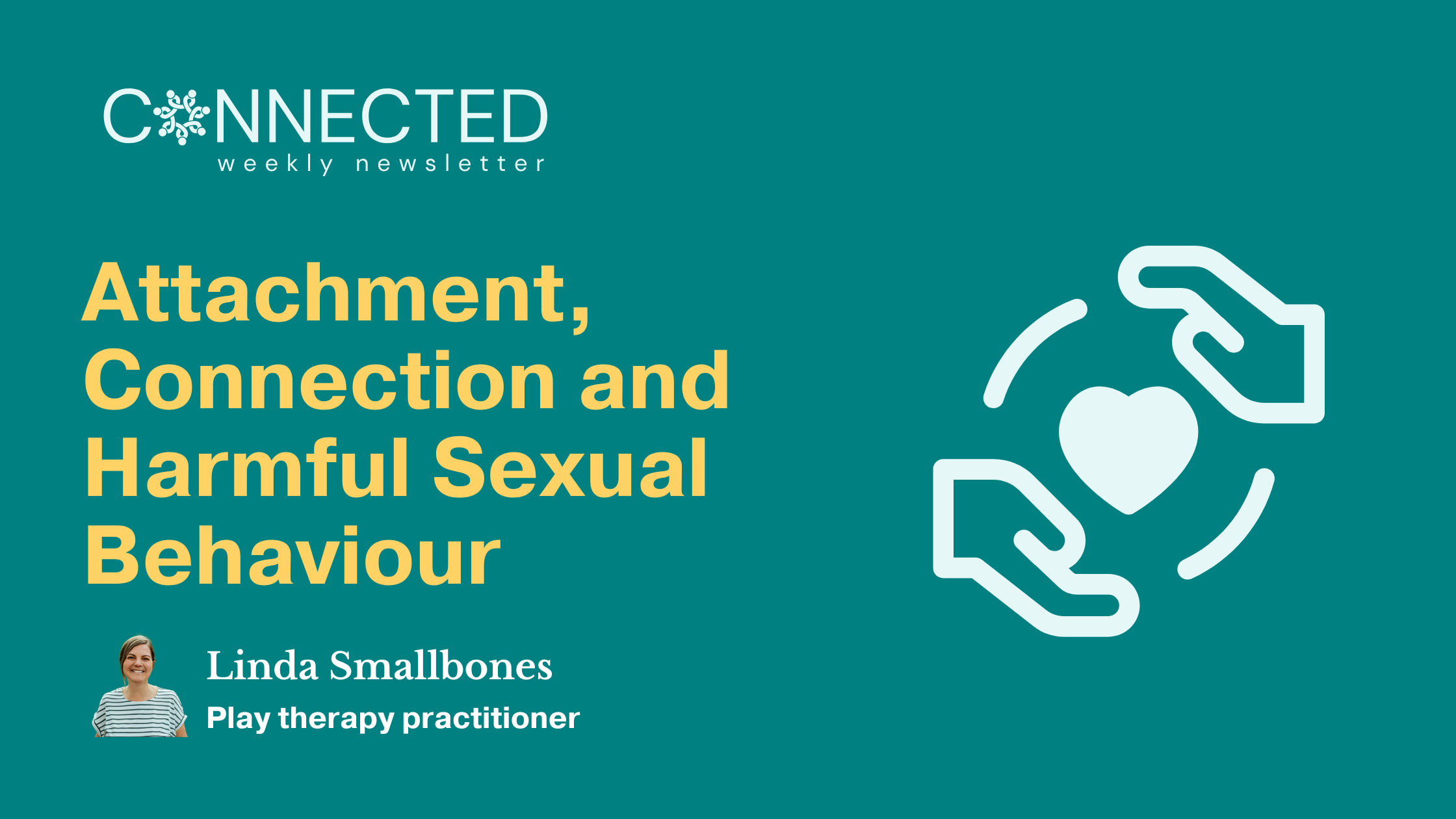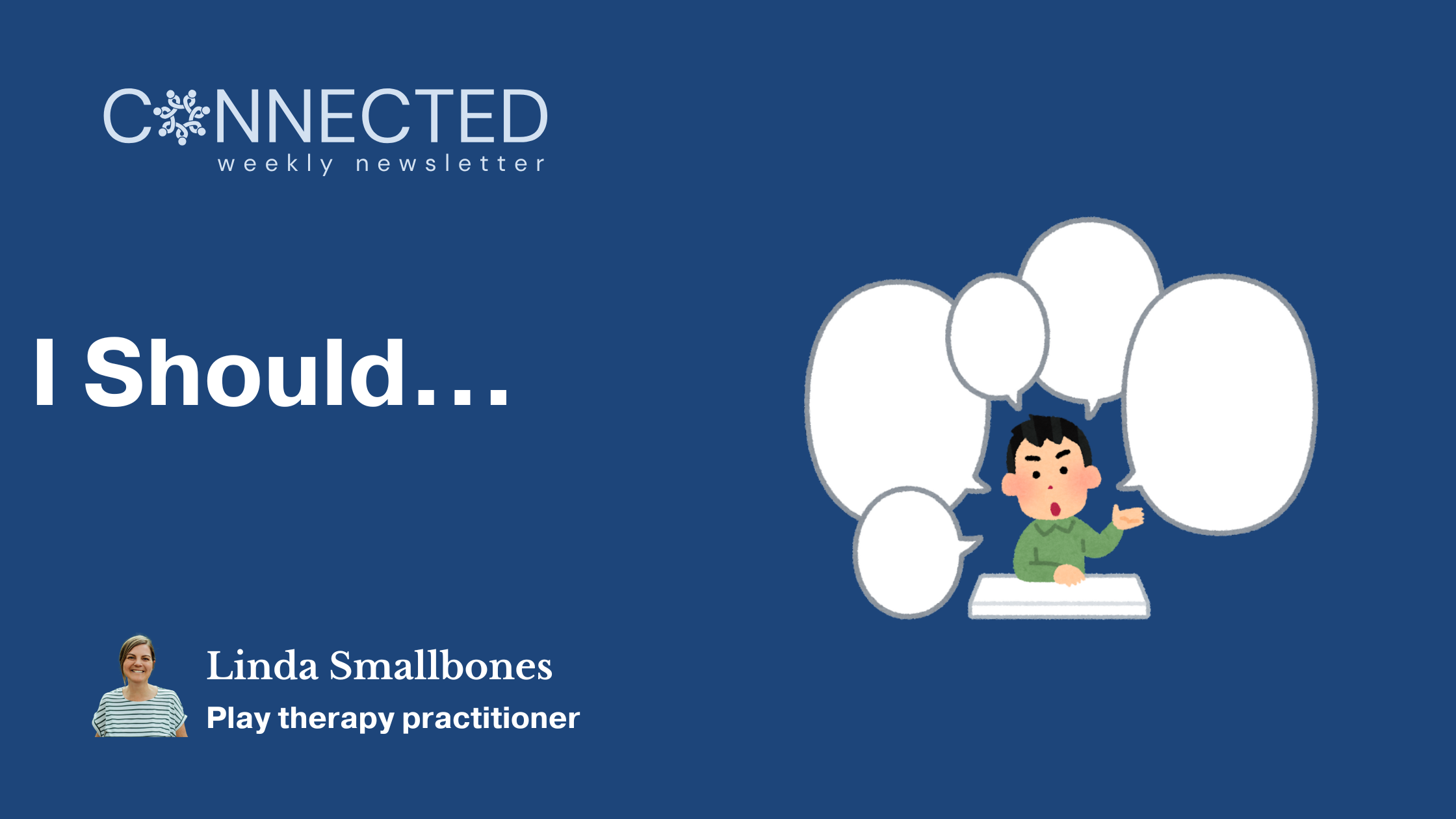
The journey to full emotional health is a lifelong pursuit.
We cannot do it alone.
I work with children and their parents in creative, reflective ways to increase emotional connection in families.

Fresh Hope Play Therapy & Counselling
I am a social worker and play therapy practitioner based in the KwaZulu-Natal Midlands, South Africa. I believe in the power of play therapy and have seen what it can do for children and young people as well as parents.
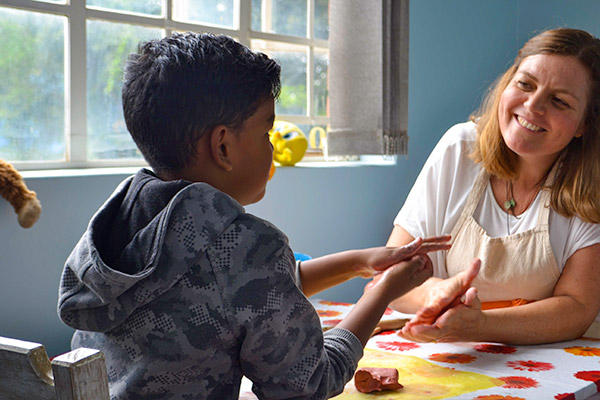

My Services for Families
Play Therapy Midlands, KZN
I am based in Howick and I work with children from 3 years old and up. The types of issues I commonly I work with are anxiety, regulating big feelings, coping with loss, bereavement, divorce, separation issues and trauma.
Parenting Support
I believe parenting is all about emotional connection with ourselves and our children. If you would like to replace parenting guilt and shame for confidence and compassion, feeling stuck for enjoying the parenting journey, you are in the right place.

Upcoming Journalling Workshops
All journalling workshops are designed to be spaces of personal reflection, gentle dialogue with a good sprinkling of fun and laughter! These workshop will be a catalyst to your personal growth process and give you confidence to use journalling as a part of your growth process.
Upcoming Parenting Events
Parenting is hard and sometimes confounding! That is why I love to provide support and hope to parents along the way. I provide resources and two parent support processes available online or in-person.




